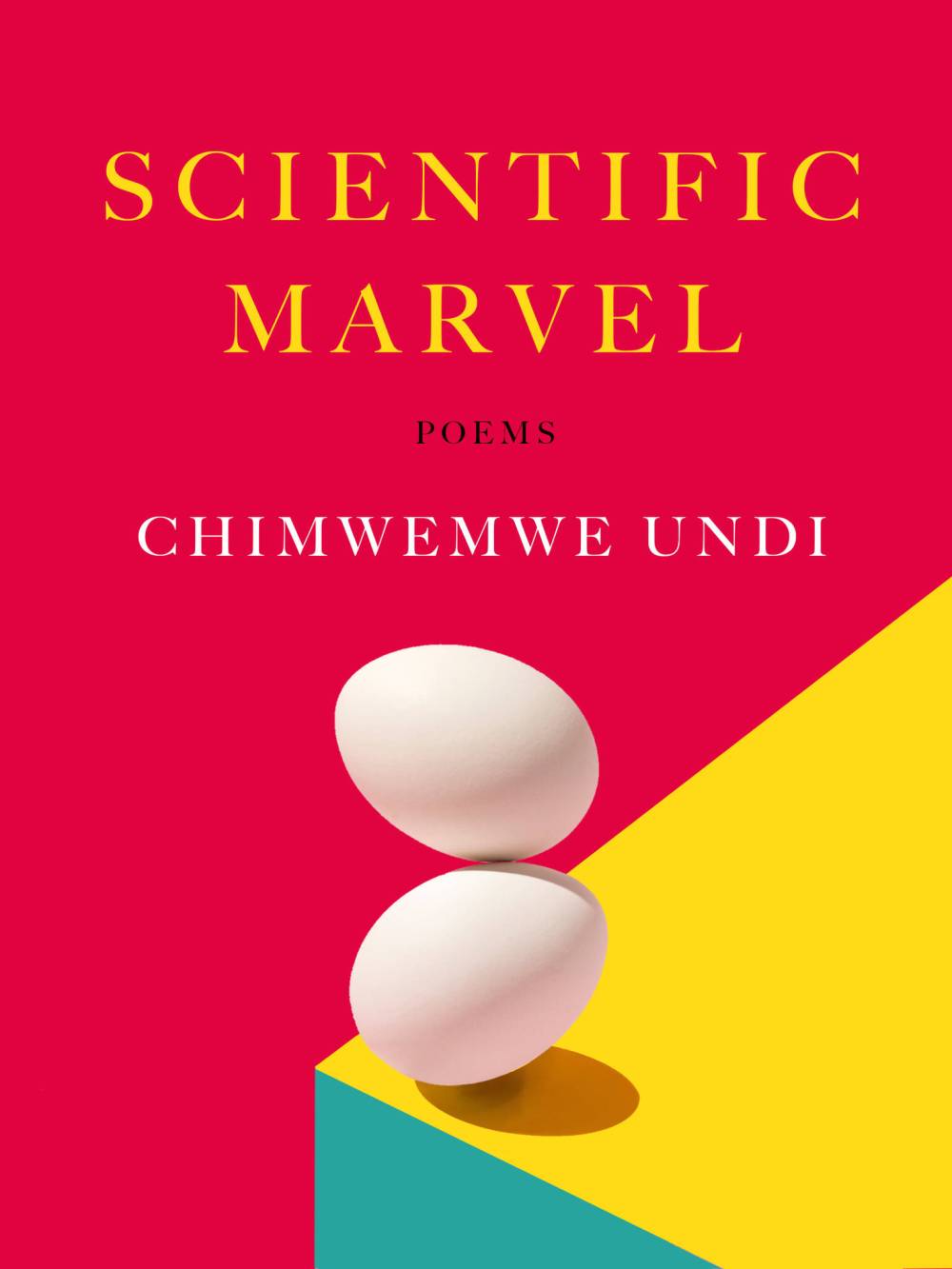In Conversation: Chimwemwe Undi
Advertisement
Read this article for free:
or
Already have an account? Log in here »
To continue reading, please subscribe:
Monthly Digital Subscription
$0 for the first 4 weeks*
- Enjoy unlimited reading on winnipegfreepress.com
- Read the E-Edition, our digital replica newspaper
- Access News Break, our award-winning app
- Play interactive puzzles
*No charge for 4 weeks then price increases to the regular rate of $19.00 plus GST every four weeks. Offer available to new and qualified returning subscribers only. Cancel any time.
Monthly Digital Subscription
$4.75/week*
- Enjoy unlimited reading on winnipegfreepress.com
- Read the E-Edition, our digital replica newspaper
- Access News Break, our award-winning app
- Play interactive puzzles
*Billed as $19 plus GST every four weeks. Cancel any time.
To continue reading, please subscribe:
Add Free Press access to your Brandon Sun subscription for only an additional
$1 for the first 4 weeks*
*Your next subscription payment will increase by $1.00 and you will be charged $16.99 plus GST for four weeks. After four weeks, your payment will increase to $23.99 plus GST every four weeks.
Read unlimited articles for free today:
or
Already have an account? Log in here »
Hey there, time traveller!
This article was published 13/04/2024 (577 days ago), so information in it may no longer be current.

Chimwemwe Undi is a poet, editor and lawyer. She is the 2023-24 Winnipeg Poet Laureate and in 2022, won the John Hirsch Emerging Writer Award at the Manitoba Book Awards.
Her first book, Scientific Marvel, published by Toronto’s House of Anansi Press, will launch April 16 at McNally Robinson Booksellers’ Grant Park location. Charlene Diehl, director of the Winnipeg International Writers Festival, will host the event.
Free Press: The jacket copy for Scientific Marvel says that its poems “consider what is left out from the history and ongoing realities of Winnipeg, Manitoba.” Can you unpack that for me a bit?
Chimwemwe Undi: I am interested in the stories we tell ourselves about what a place is, particularly when that place is a form of home, and even when those stories are unsupported by what is before our eyes. I’m interested in the tension between the story that immigrants like my parents are told about Canada and their experience of the nation state when we arrive here.
I think about something like Portage and Main, or Portage Place, or the rivers — things that on their surfaces are easy emblems that we use to invoke a city but that in reality are shaped by or the product of politics and capitalism, of city planning that favours a certain kind of citizen, of a certain understanding of what a “citizen” of this city or province or country are that is more than what the legal definition reveals.
I’m interested in the difference in how a person might describe their family home on a date versus in their therapist’s office.
It’s one thing to supplement formal education with Indigenous history month book lists and that kind of thing, but I want to understand why that supplementation was required in the first place.
FP: Can you tell me about R. v. Grant, 2009, where the Supreme Court ruled that Toronto police had arbitrarily and unlawfully detained a Black man in a neighbourhood with “a high crime rate” because he was “acting suspiciously,” and the three erasure poems the decision occasioned?
CU: The erasure poems in the collection are constructed from Supreme Court of Canada decisions in which the affected party was a Black person but where the effect of their Blackness was not addressed or interrogated in any real way — not by the court in its decision or by most of the classrooms in which I have learned about these decisions.
I was interested in erasure being used to work in the opposite way that redaction does: to reveal instead of to hide, to make documents speak to and focus on what they and the tradition in which they are made are designed to silence.
FP: Tell me about the Dean Gunnarson poems. What is it about the Winnipeg-born escapologist that was a good dress form for you to build poems on?
CU: I wrote the bulk of these poems over the course of two residencies at Riding Mountain National Park, through the Manitoba Arts Council’s program at Deep Bay. I went there intending to write a book, this book, but I had never done that before, so I didn’t know how.
My husband found a deck of cards with Dean Gunnarson’s images on them in one of the drawers. I had never heard of him before but I started reading about him and poems just sprung out of me, the way that happens sometimes. I became fascinated by him and by the idea of a lifetime dedicated to escaping constraints, even if those constraints were imagined or self-made.
FP: Tell me about working with editor Kevin Connolly on Scientific Marvel. What kinds of questions did he ask you/your poems?
CU: I loved working with Kevin! He understood immediately what I was aiming to do and helped me to get there without getting in my way, which I think is a really good editor/poet relationship.
Good poets don’t necessarily make good editors but already respecting his poetry, which is so different from mine, really pushed me to expand past the words, phrases, cadences that I default to and that are easy and within reach for me. We also went record shopping and to eat empanadas in Toronto, which is a perfect editor/poet relationship.
FP: You’re in the middle of a term as Winnipeg Poet Laureate, after Duncan Mercredi and Di Brandt. Tell me what that role has meant to you as a poet, as a Winnipegger.
CU: It has been a great pleasure and an honour to be Winnipeg Poet Laureate! It has been so fun to bring poems into as many rooms as I’m invited into, and to talk to people about the role poetry plays in their life.
That’s been my favourite part — people coming up to me and divulging that they used to write poems, or still do, or they read them in secret. This happens everywhere I go, and I try to go everywhere.
Being an ambassador for an art I love, for a community of artists that I love, is a real and deep joy.
Ariel Gordon is a Winnipeg/Treaty 1 writer.



